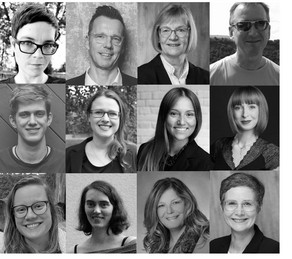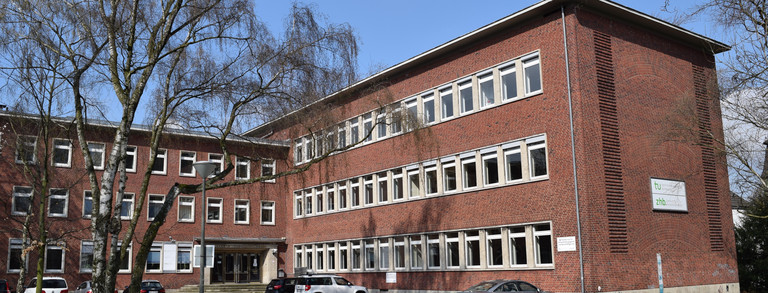A scientific research self-portrait
Two major research areas are central to our research:
1. Organizational Studies
Fundamental to organizational research is the recursive relationship between organizational structures (formal and informal) and the actions of its members. The aim is to explain, rather than simply describe, how actors change organizational structures or how organizational structures influence the actions of members. To analyze this interrelationship and the many issues derived from it, theory-based empirical research is conducted, usually quantitative in nature, but sometimes qualitative. Different types of organizations are examined: from companies, to hospitals, to football clubs, to fine dining restaurants, to universities as knowledge-intensive organizations. Mainly, the questions are focused on specific aspects of this interrelationship, such as knowledge transfer. It can also be shown in this case that the transfer of knowledge between organizational members or units depends on the formal and informal structures and the action strategies and motivation of the members and is mutually dependent.
2. Higher Education Research
Also in the case of universities as knowledge-intensive organizations, many analyses can ultimately be traced to the basal relationship between institutional structures, organizational structures, and the actions of members. However, in this case, two types of members exist: students and professors/academic staff. Theory-based research questions on both types are addressed in the predominantly quantitative, but also qualitative study. Academic teaching, non-traditional students, and continuing higher education are topics on which the basic problem has been variably analyzed. The example of academic teaching can be used to illustrate that different organizational structures and forms of governance generate different perceptions of the situation among the actors. Different strategies for action by stakeholders can in turn lead to different outputs in academic teaching. Likewise, in the borderline between university and science research, the mostly invisible support of the faculty team on the research output is analyzed.
In addition, research on didactics of engineering education takes place. The focus is on laboratory didactics, the materiality and mediality of laboratories in university teaching, creativity and creativity promotion, as well as innovative teaching development at the interfaces of people, technology and media.
Results on our research fields can be found in the Publications menu, where documents of many articles are also available.
In addition, Uwe Wilkesmann conducts research together with Maximiliane Wilkesman on the two hobby topics of top gastronomy organization and football research.




